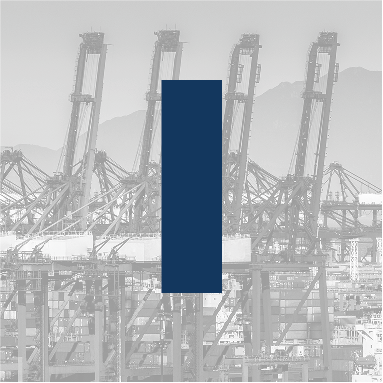
Inspection Certificate

Home > Freight Glossary > Inspection Certificate

Trending
What is an Inspection Certificate?
An Inspection Certificate is a crucial document in international trade, verifying that the goods being shipped have been inspected and meet the quality standards specified by the buyer, or the regulations of the importing country. This certificate provides a formal assurance that products are in good condition, comply with specifications, and are ready for shipment.
Types of Inspection Certificates
Commercial Inspection Certificates
Issued typically by private entities, commercial inspection certificates confirm that the goods have undergone inspection as per the contract between the buyer and seller. They focus on aspects like quality, quantity, and conformity to specifications, ensuring that the shipment meets the agreed commercial standards.
Official Inspection Certificates
These are issued by authorized governmental or regulatory bodies and are often mandatory for certain goods entering or leaving a country. They ensure compliance with safety, health, and regulatory requirements, providing an authoritative validation of the products’ condition and compliance.
Information that should be included in
An inspection certificate should encompass detailed information, including the name and address of the exporter and importer, a description of the goods, the quantity inspected, and the results of the inspection. It should clearly state whether the products passed or failed the inspection, including details on the parameters or standards assessed.
Are all inspection certificates are the same?
No, inspection certificates can vary significantly depending on the product type, industry standards, and the exporting or importing country’s regulations. The specificity of each certificate depends on the contractual agreement between the buyer and seller or the legal requirements of the involved countries.
Advantages of an inspection certificate
This certificate mitigates the risks associated with international trade, assuring the buyer of the product's quality and compliance. It helps prevent disputes over the condition of the goods upon arrival, facilitates smooth customs clearance, and enhances the trust between trade partners.
Who issues and pays for the inspection certificate
Typically, a neutral third-party inspection company or a governmental body issues the certificate. The party responsible for the cost – whether it's the buyer or the seller – is usually determined by the terms of the sales contract or the incoterms agreed upon by both parties.
How long is a certificate of inspection valid?
The validity of an inspection certificate can vary. It generally remains valid as long as the conditions of the goods remain unchanged and are expected to be valid up until the goods reach their destination. The specific validity period can be stipulated in the contract or dictated by regulatory authorities.
Which countries require this document?
Many countries, particularly those with strict quality, safety, and environmental regulations, require an inspection certificate for imported goods. The requirement can vary not only by country but also by the type of product, with certain goods like agricultural produce, electronics, or machinery being more likely to necessitate such documentation. Importers and exporters should verify the specific requirements of the destination country to ensure compliance and smooth customs processing.
Contact

Ocean Freight

Road Freight








